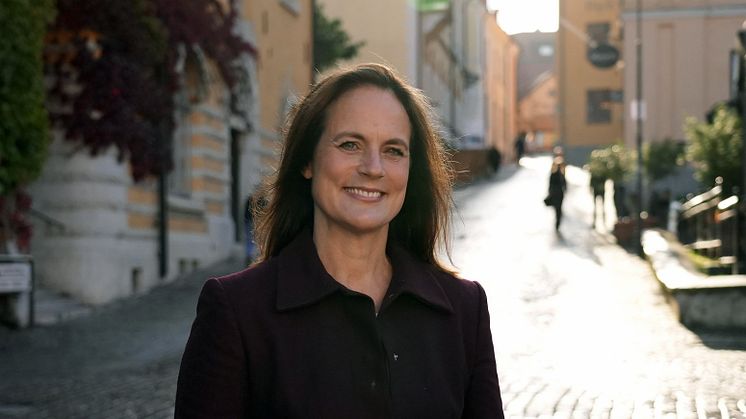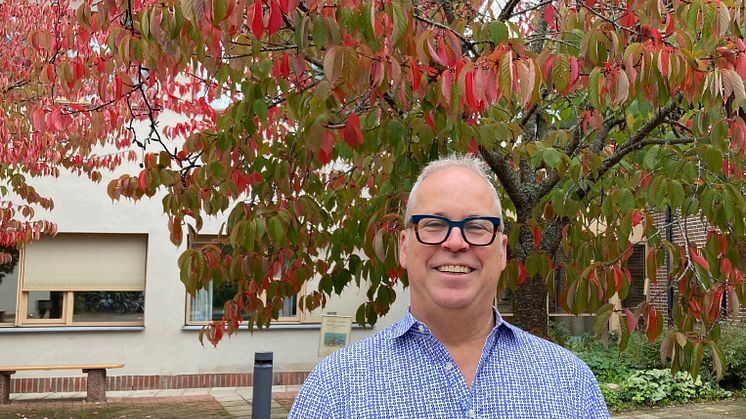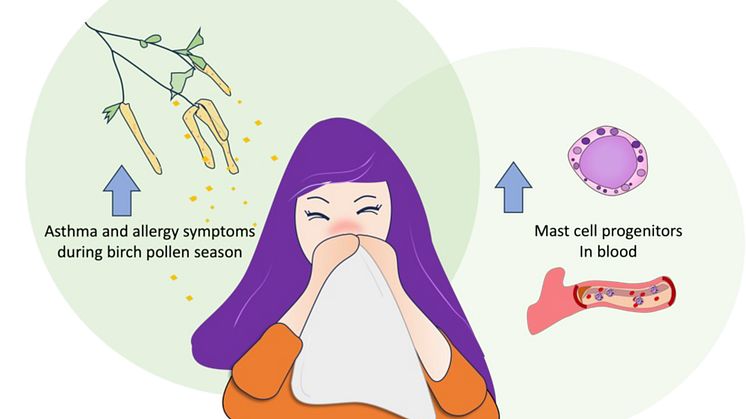Genetics influence the risk of blood clots in oral contraceptive users
Women with a high genetic predisposition for blood clots are six times more likely to develop a blood clot during the first two years of using contraceptive pills according to a new study from Uppsala University. The results have been published in the American Journal of Obstetrics and Gynaecology.





